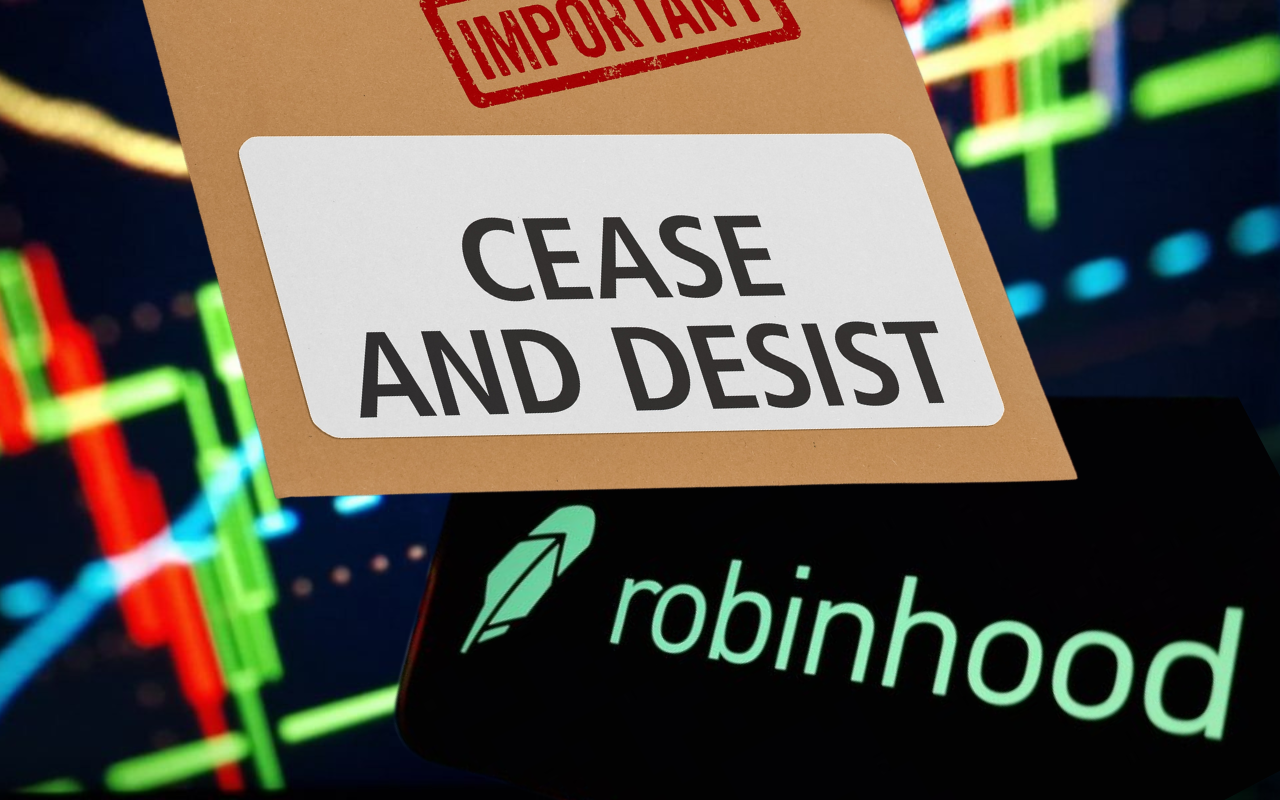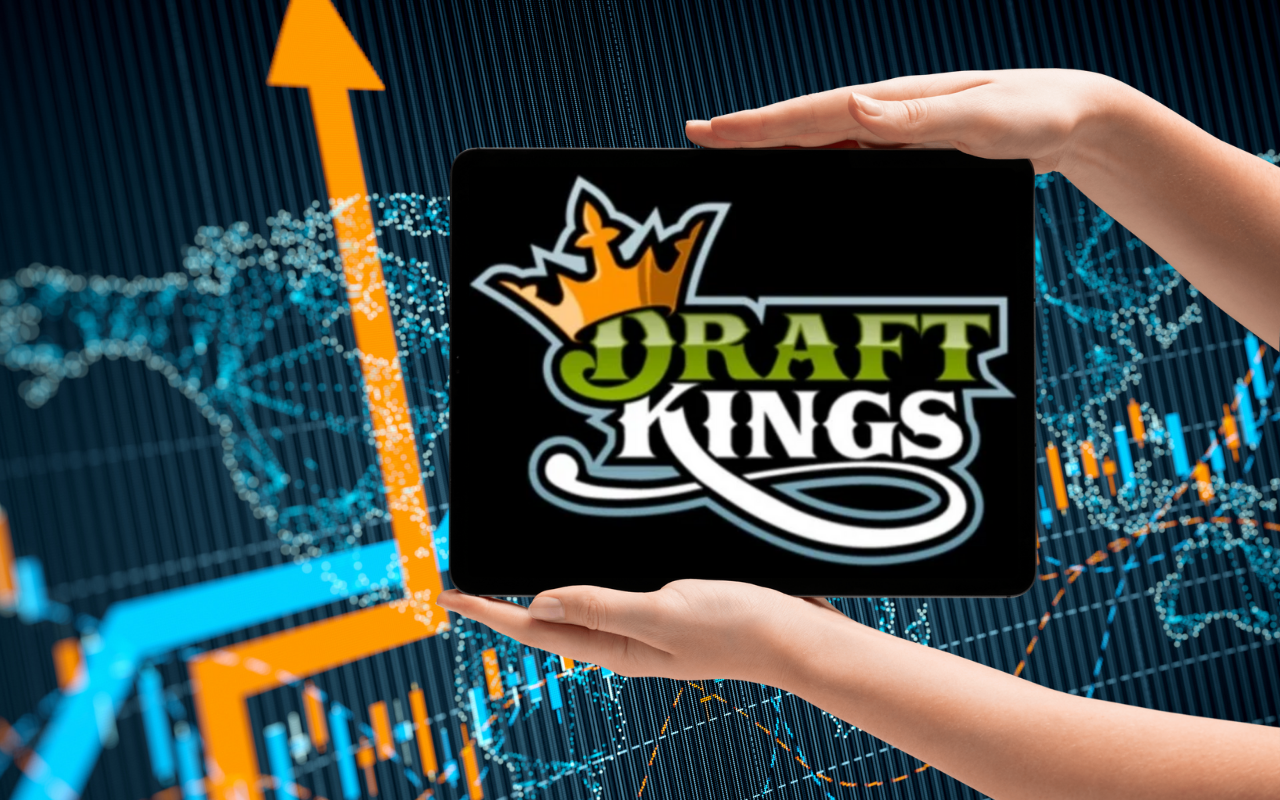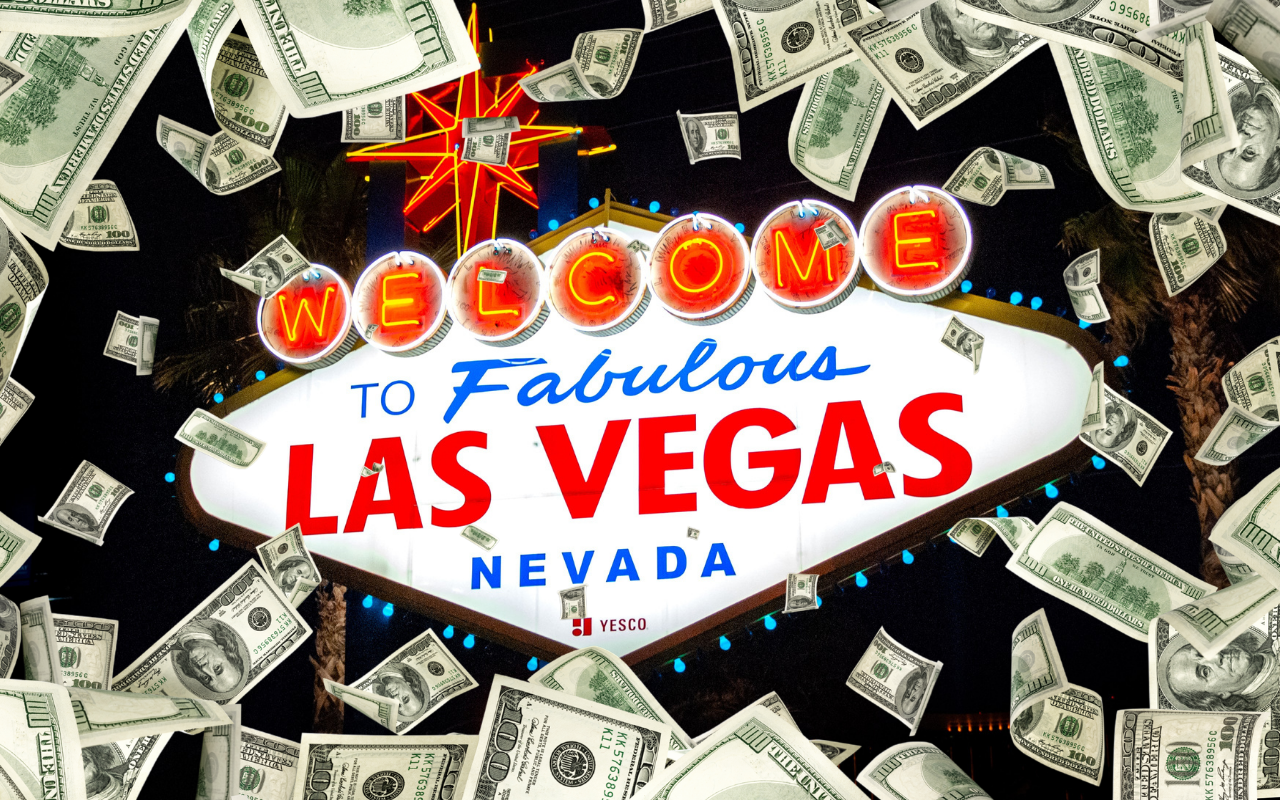Regulatory Challenges for Prediction Markets: Kalshi and Robinhood Face Cease-and-Desist Orders

Kalshi and Robinhood Receive Cease-and-Desist Notifications
- Kalshi and Robinhood receive cease-and-desist notifications from the Division of Gaming Enforcement (DGE).
- The regulatory body insists that these platforms cease operations and annul any placed wagers.
- Kalshi highlights its regulation under the Commodity Futures Trading Commission (CFTC), distancing itself from traditional gambling regulators.
Regulatory challenges persist in the realm of prediction markets, with New Jersey emerging as the latest state to step in. The Division of Gaming Enforcement (DGE) has sent cease-and-desist notices to both Kalshi and Robinhood, raising questions about the legality of their model concerning future contracts.
DGE Targets Kalshi and Robinhood
This development follows the collaboration between Robinhood and Kalshi in launching March Madness prediction markets, which have already seen impressive trading volumes. These volumes represent at least 8% of the total anticipated ‘betting volume’ as estimated by the American Gaming Association earlier in March.
The news was corroborated by The Closing Line on Thursday, with the DGE instructing the companies to invalidate any selections made by residents of New Jersey.
The communication to Kalshi accuses the platform of contravening state laws, particularly those laws that prohibit wagers on college teams based in New Jersey or on events occurring within the state.
The DGE has demanded written confirmation from both platforms by midnight on Friday, March 28, ensuring they have halted the offering of sports wagers within the state. The regulator indicated its readiness to initiate legal proceedings against the platforms should they fail to comply, despite the limited time frame.
A representative from Kalshi responded succinctly to the regulatory action, offering minimal details.
‘Kalshi values regulation and is committed to operating under the comprehensive oversight of the Commodity Futures Trading Commission. We are eager to engage with the state of New Jersey to resolve this issue,’ the spokesperson stated.
The Legality of Prediction Markets Reassessed
Kalshi notably asserts its operations fall under the jurisdiction of the Commodity Futures Trading Commission (CFTC). This stance has been validated in several prominent disputes with both regulatory and gambling authorities.
However, the recent partnership between Kalshi and Robinhood, a stock trading platform targeting younger demographics, might have stirred controversy. The advent of trading in sports events is a relatively uncharted market, yet it is already sparking considerable enthusiasm and attracting significant customer interest.
DraftKings, a key player in the sportsbook and gaming industry, has critiqued the prediction market sector but has also sought a license to venture into this emerging field.









